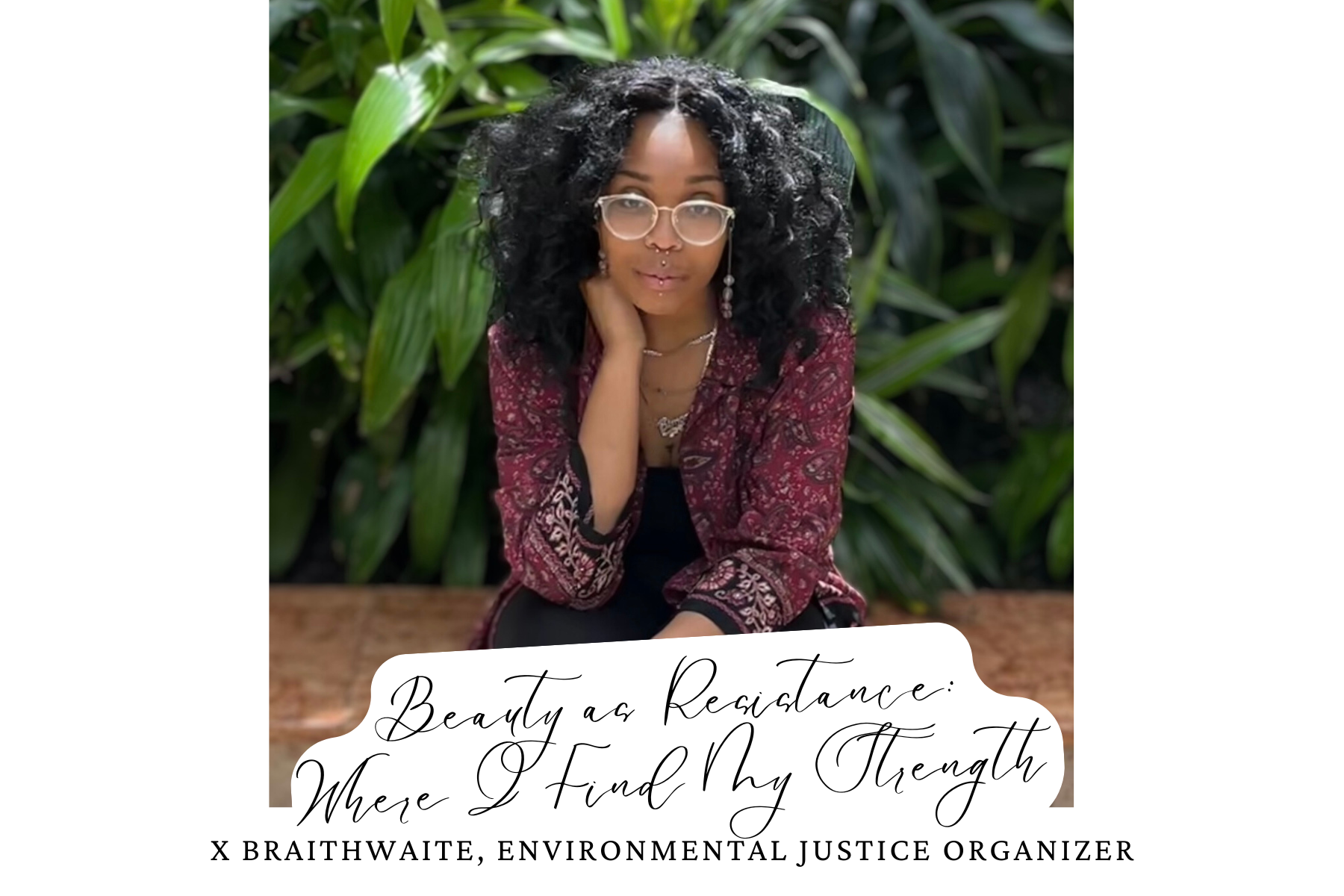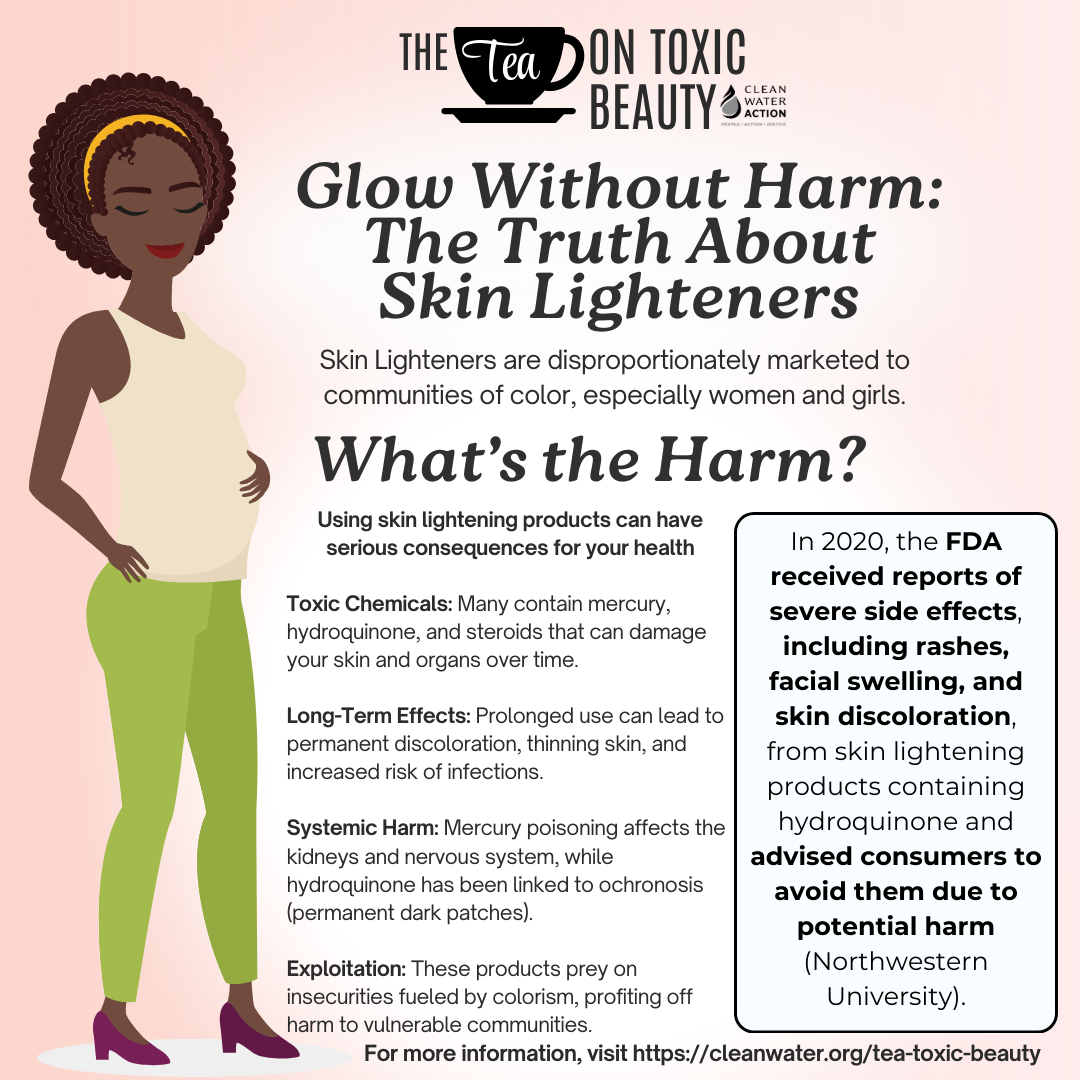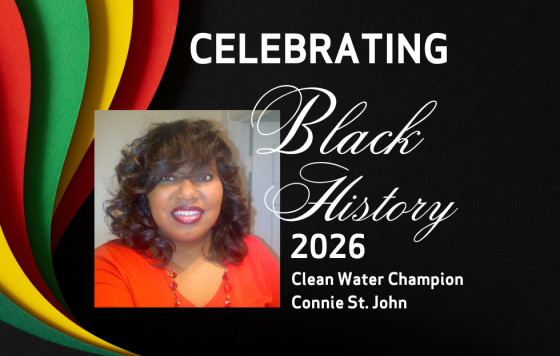
As an Environmental Justice Organizer who has worked in social justice spaces for nearly nine years, I am constantly uncovering new layers of how my identity has been shaped by systemic inequities. These discoveries are both painful and empowering, revealing the depth of the systems we are working to dismantle.
I was born into a Guyanese family led by resilient women who had the courage to build a new life in a foreign country. Yet even in their homeland, they were not free from injustice. As Afro-Guyanese people, they endured the pervasive and deeply ingrained colorism that plagues Guyana to this day. While Guyana is often described as a melting pot of ethnicities, the remnants of colonialism, indentured servitude of Indian laborers, and the complex hierarchies of colorism continue to hum beneath the surface.
In Guyana, lighter skin—often associated with Indo-Guyanese people—has long been considered the standard of beauty. Even darker-skinned Indo-Guyanese individuals are often held in higher regard than their Afro-Guyanese counterparts. This bias is pervasive and unrelenting, shaping how people see themselves and how society values them.
For some, skin lightening products seem to offer a pathway to upward mobility—more respect, greater confidence, and even opportunities. As a person who benefits from the privileges of colorism, while also being one of the only light-skinned women in my family, I occupy a space of duality that comes with both privilege and deep responsibility. I am acutely aware of the social advantages that come with my complexion—advantages that have been constructed by systems rooted in colonialism and white supremacy. At the same time, I’ve witnessed firsthand the unique struggles faced by the darker-skinned women in my family, whose beauty, worth, and dignity have often been diminished by these same oppressive systems. The beauty standards in Guyana mirrored those my family encountered in the United States. I vividly remember accompanying my mother to the beauty supply store, where the front counters were filled with rows of skin lightening creams, each one promising to make users look lighter, brighter, and more feminine.

Skin lighteners often contain dangerous ingredients, from mercury to hydroquinone, which can have devastating health effects. The harm isn’t always visible immediately, but it’s there—affecting people at every stage of life. I know individuals who were forced to bathe in skin lightening solutions as children, subjected to a ritual that tried to reinforce the false belief that they were only beautiful if their skin was lighter.
My family’s experiences both in the US and abroad have taught me that colorism is not just an individual burden—it’s a societal issue that fractures relationships, diminishes opportunities, and perpetuates harmful standards of beauty. I’ve seen how they have had to fight harder to claim space, to feel seen, and to be celebrated in a world that unfairly favors lighter skin. My matriarchal lineage took pride in their rich, dark skin, reaffirming their beauty among themselves, even in a world that constantly sought to disempower them. These lessons remind me daily that I have a responsibility to use my voice, my privilege, and my platform to amplify their struggles and to dismantle the very systems that uphold these inequities.
I didn’t know then that this had a name, but now I do: beauty injustice. Beauty injustice describes the systemic exploitation of insecurities, often created by racism, colorism, and sexism, for profit. But the good news is that justice movements are addressing this issue head-on.
Organizations like WEACT for Environmental Justice, Black Women for Wellness, and the Clean Beauty Coalition are at the forefront of this fight. They’re not here to shame individuals who use these products—they’re here to hold the beauty industry accountable. Too often, personal care products are released without proper regulation, long-term health studies, or any transparency about the ingredients they contain. These products promise transformation, but the price paid by consumers—physically, emotionally, and socially—is far too high.
One way we can address beauty injustice is by recognizing that we deserve better. We deserve products that don’t harm us. We deserve an industry that prioritizes health and safety over profit. And we deserve a society where the need for such products is eradicated because beauty standards have shifted to embrace all people, in all their diversity.
This isn’t just about skin lighteners. Hair relaxers, for instance, are also among the most toxic beauty products on the market, as documented by the Environmental Working Group’s Skin Deep database. The products marketed most aggressively to Black women—who are the largest consumers of beauty products—often contain the harshest and most dangerous chemicals.
It’s time to reevaluate how these products serve us—or don’t. It’s time to ask how we can protect ourselves and our communities from carcinogens, endocrine disruptors, and other toxic ingredients that should never touch our skin, hair, or bodies.
As allies, there’s much you can do to support communities impacted by beauty injustice. Amplify the voices of those directly affected. Support organizations that are leading the charge; at Clean Water Action you can join in our Beauty with Impact program which provides a platform for people to share their stories, reactions, and ideas for change. You can also join WEACT for Environmental Justice’s Beauty Inside Out Working Group, or support businesses on the Nontoxic Black Beauty Database.
We must be the change we want to see in the world. It starts by naming the harm, envisioning new possibilities, and working collectively to create a world where beauty is no longer a weapon, but a source of empowerment.
To learn more, register for our upcoming webinar The Hidden Costs of Beauty
To my friends and allies in this fight, I want to leave you with a powerful quote from Alexis Pauline Gumbs, a brilliant Black feminist scholar and warrior who carries the wisdom of a lineage rooted in Black love:
“We are real. We are beyond. When we conspire with our ancestors to honor our dreams. When we tap into the part of us that is not for sale, so unmarketable that the capitalists say it don’t exist … I love you. My realest dream. My wildest truth. You beautiful puzzle.” (Undrowned, 2020)
May her words serve as a reminder of our collective power, our resilience, and the unshakable truth that we are enough—whole, worthy, and unstoppable.


